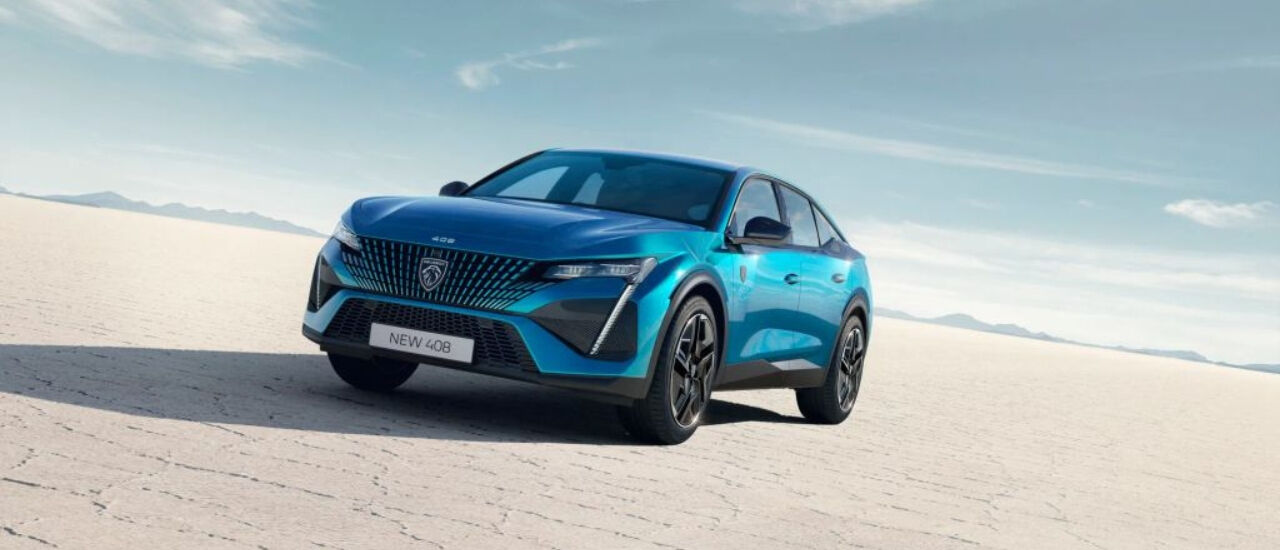
Fuelling the Future: The Difference Between Hybrid and Electric Cars
Recently, the car industry has seen a big change towards greener and more eco-friendly transportation choices. With worries about climate change and running out of fossil fuels getting bigger, hybrid and electric cars have become better alternatives to regular petrol cars. These new technologies offer improved fuel efficiency and reduced emissions, but what sets them apart? In this blog post, we will explore the difference between hybrid and electric cars and help you understand which option may be best suited for your needs.
Hybrid Cars: The Best of Both Worlds
Hybrid cars are vehicles that combine both an internal combustion engine (ICE) and an electric motor. This combination allows for greater fuel efficiency and lower emissions compared to conventional petrol-powered cars. The hybrid drivetrain operates in two modes: the electric motor powers the vehicle at low speeds or during light acceleration, while the petrol engine takes over during high-speed driving or when more power is needed.
The primary advantage of hybrid cars is their ability to switch between using petrol and electricity, which results in improved fuel economy. When the vehicle is running on electric power, it produces zero tailpipe emissions, making it more environmentally friendly. Additionally, the regenerative braking system employed in hybrids converts kinetic energy into electrical energy, which is then stored in the battery for later use. This process helps to recharge the battery and further enhance fuel efficiency.
Hybrid cars come in different variants, including mild hybrids, full hybrids, and plug-in hybrids (PHEVs). Mild hybrids have a smaller electric motor that assists the petrol engine but cannot solely power the vehicle. Full hybrids, on the other hand, have larger electric motors and can operate on electric power alone for short distances. PHEVs offer the most electric range among hybrids as they have larger battery packs and can be recharged by plugging into an external power source.
Electric Cars: The Future of Clean Mobility
Electric cars, also known as battery electric vehicles (BEVs), are entirely powered by electricity. They do not have a traditional internal combustion engine and rely solely on electric motors for propulsion. Instead of refuelling with petrol, these vehicles are charged by connecting them to a power source, typically through charging stations or home charging units.
One of the key advantages of electric cars is their zero tailpipe emissions. By running on electricity, they contribute to cleaner air and have a significantly smaller carbon footprint compared to conventional vehicles. As the global energy grid shifts towards renewable sources, such as solar and wind, the environmental benefits of electric cars will only continue to improve.
Another noteworthy aspect of electric cars is their simplicity and quiet operation. With fewer moving parts, electric vehicles have lower maintenance requirements compared to traditional cars. There is no need for oil changes, spark plug replacements, or complex engine servicing. Moreover, electric motors are inherently quieter than internal combustion engines, providing a smooth and peaceful driving experience.
Although electric cars have improved significantly, there are still challenges to overcome, particularly regarding the limited driving range with current battery technology. Most electric cars can typically travel around 150-300 miles on a single charge, but ongoing advancements in battery technology are enhancing range capabilities and reducing charging times. As a result, electric cars are becoming increasingly viable for long-distance travel.
The Difference Between Hybrid and Electric Cars
Now that we have explored the basics of both, let's delve into the difference between hybrid and electric cars.
Powertrain
Hybrid cars use a combination of an internal combustion engine and an electric motor, whereas electric cars rely solely on electric motors powered by a rechargeable battery pack.
Fuel Economy
Hybrid cars offer better fuel economy compared to traditional petrol-powered vehicles, but they still require petrol for operation. Electric cars have zero fuel consumption as they run entirely on electricity.
Emissions
Hybrid cars produce fewer emissions compared to conventional vehicles, but they are not entirely emission-free. Electric cars, however, produce zero tailpipe emissions, resulting in a significant reduction in greenhouse gas emissions.
Driving Range
Hybrid cars do not have a specific electric range since they primarily rely on the petrol engine. Electric cars, depending on the model and battery capacity, typically offer a driving range of 200-300 miles or more on a single charge.
Charging Infrastructure
Hybrid cars do not require external charging infrastructure as they rely on the petrol engine for extended range. Electric cars, on the other hand, require access to charging stations or home charging units for recharging.
Cost
Hybrid cars generally have a lower upfront cost compared to electric cars, primarily due to the cost of batteries. However, the gap is closing as battery prices continue to decline, and incentives and subsidies for electric vehicles become more common.
Which Option is Right for You?
Choosing between hybrid and electric depends on several factors, including your driving habits, daily commuting distance, access to charging infrastructure, and environmental concerns. Here are a few scenarios where each option might be more suitable:
- If you have a short daily commute and have access to charging infrastructure, an electric car can provide zero-emission driving and potentially lower long-term operating costs.
- If you frequently travel long distances or require a vehicle with extended range capabilities, a hybrid car can offer the flexibility of using both petrol and electricity.
- If you live in an area with limited charging infrastructure and have longer commuting distances, a hybrid car might be a more practical option until charging infrastructure improves.
- If you are concerned about reducing your carbon footprint and want to make a significant environmental impact, an electric car is the clear choice.
Driving Towards a Greener Future
Hybrid and electric cars represent the future of transportation, offering improved fuel efficiency, reduced emissions, and a step towards a more sustainable world. While hybrid cars combine the best of both petrol and electric power, electric cars embrace the full potential of clean energy. Understanding the differences between these two options can help you make an informed decision based on your needs and priorities. Whether you choose a hybrid or electric car, both choices contribute to a greener future, and each step towards sustainable transportation is a step in the right direction.
If you would like more information about hybrid and electric cars, please don’t hesitate to contact us on 01443 842216 or fill out our enquiry form.








